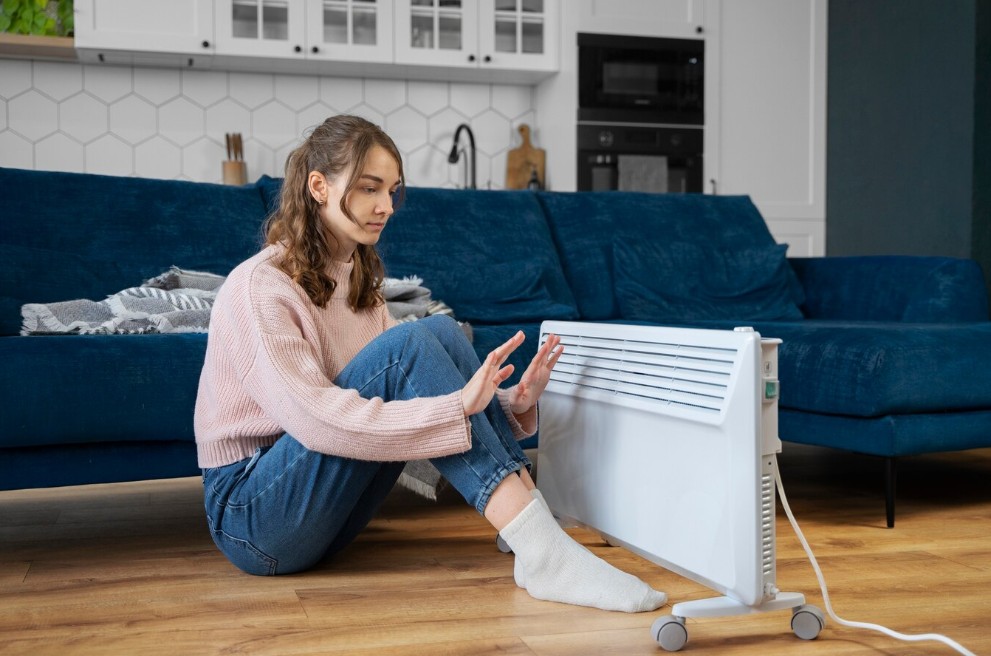As the weather gets colder, most people in Canada tend to spend more time in their houses or indoors. This shows how crucial the right air quality is inside your house. Since your home is sealed in winter, you can pay more attention to indoor air and improve it.
Cold Weather Means Less Air Flow
We close our windows and doors during the cold months to keep the cold air out. Trapping air reduces heat loss, but also makes the house less ventilated. If the air in your home is unclean, it means you might be inhaling more pollutants.
You won’t just notice particles such as dust. You will also notice mould spores and gases collecting in the air. When air is not circulated, toxic chemicals will continue to affect our air. The time a pollutant spends in the air increases its health risks.
Why Indoor Air Quality Matters in Winter?
Breathing in poor air inside can’t just result in headaches. It can also lead to tiredness and even breathing issues.
The indoor air can become more polluted during the winter. Furnaces or fireplaces produce particles. These particles often affect air quality. Testing during this season will help you understand your day-to-day exposure to radiation.
For instance, it is essential to test for radon during the winter months. As winter approaches, Canadians usually increase their demand for Calgary radon mitigation services. Radon often builds up in basements without sufficient ventilation.
Signs of Poor Air Quality
Some instances of air quality concerns are easy for anyone to spot. Pay attention to these signs:
- Musty or stale smells
- Excessive dust buildup
- Frequent coughing or sneezing indoors
How to Improve Your Air Quality?
Quality air can be achieved without making a lot of or major changes. You might like to try these simple steps:
- Change furnace filters regularly.
- Use a dehumidifier to decrease the moisture in your home.
- Maintain good cleanliness and provide enough fresh air in your home.
Winter Is the Most Accurate Time to Test
Since both windows and doors are closed, winter allows you to notice any problems with indoor air quality. In some seasons, air from outside can enter the building and impact test outcomes. Thus, testing in the winter provides the most reliable results.
One season is enough to ensure your home’s security. If a problem occurs, you can repair it before the spring season. If you start now, you can enjoy improved air quality all year.
In conclusion, cold temperatures during the winter make it important to remember to clean your air. Because homes are well-sealed, concerns about air quality can be easily found and solved. Understanding contaminants in your household air is important. It will help to maintain good health.
Don’t just use the holidays to assess your home’s performance. Use them, too, to identify areas for improvement. Protect your family from dangers you may not notice. A bit of effort now can provide a greater sense of safety later on.

